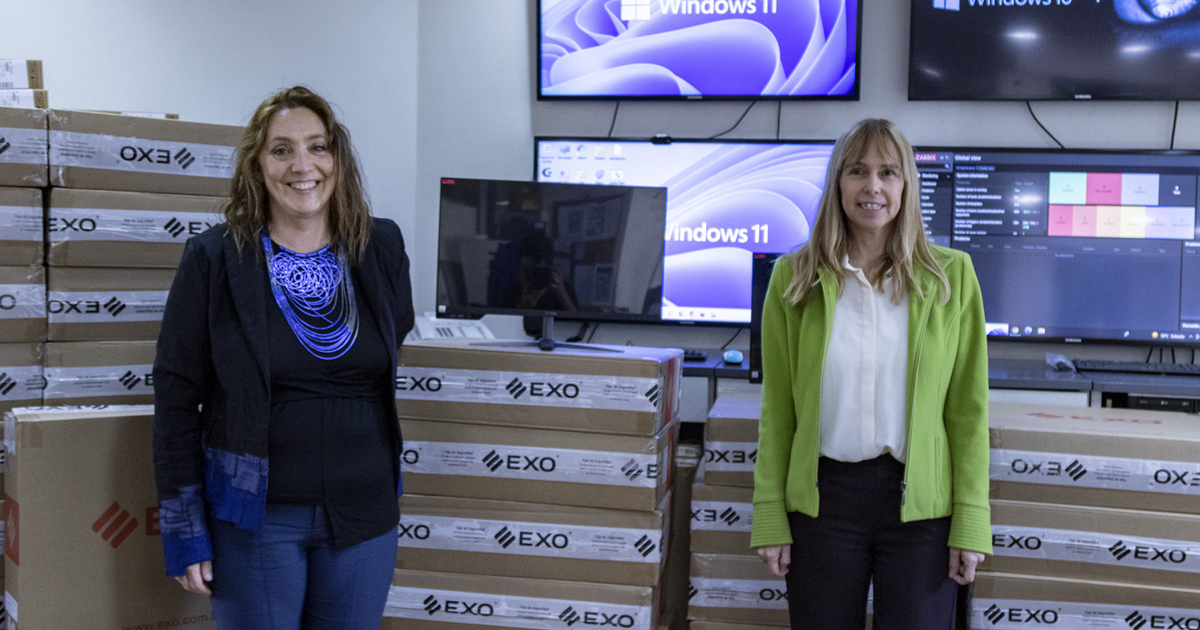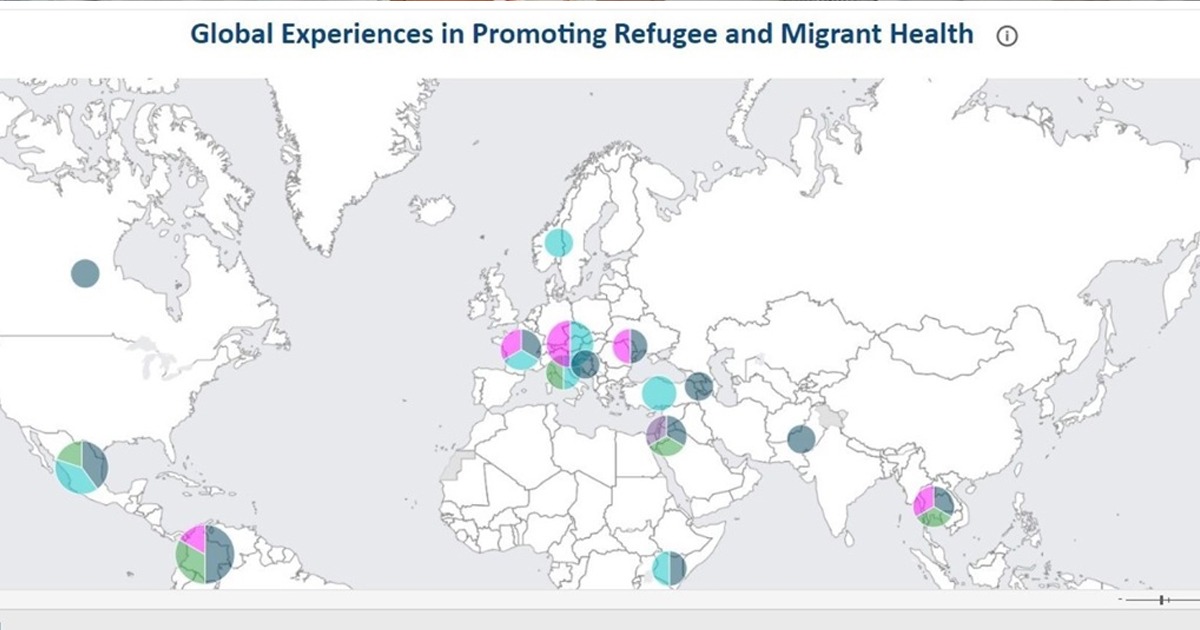The Ministry of Health of Argentina sent more than 5,000 computers to provinces throughout the country, with the aim of scaling the implementation of interoperable electronic medical records.
The Ministry of Health of Argentina, began the distribution of more than 5 thousand computers to the 24 health jurisdictions of the country, with the aim of updating the equipment and strategies related to the advancement of Digital Health. The teams will be used to strengthen the implementation and adoption of the interoperable electronic medical record, which is part of the strategy of digitization of health services from Argentina.
“These actions seek to reduce the technological gaps that exist between the different jurisdictions, thus improving the management of health services, optimizing processes and reducing costs, empowering the population in timely access to information and integrating public health subsystems. and private”, explained the secretary of Access to Health, Sandra Tirado.
A total of 5,189 computers were purchased using funds from the Protect Program, which corresponds to a strategy of the National Directorate of Information Systems. The adoption of the electronic medical record seeks to comply with interoperability standards that are established in the Institutional Strategic Plan 2020-2023, of the Comprehensive Digital Health Record or HSI.

“Being able to have the necessary tools to implement the electronic medical record in a health center is a substantial improvement, because with this innovation a professional from Mar del Plata will be able to access the health history of a person who lives and is treated in Chaco or Formosa. . They are not just computers, they are equipment to improve the quality and access to health services in an equitable manner throughout the national territory”, explained the Undersecretary of Federal Articulation, Verónica De Cristófaro.
On the other hand, the national director for the Strengthening of Provincial Systems, Carolina Casullo, explained that both the Protect Program and the Redes de Salud and Sumar Programs seek to digitize jurisdictional systems, through strategies that allow permanent monitoring and evaluation of needs the population. "As well as the efficient use of resources by having accurate health information for decision-making, which results in timely and effective care, regardless of where it has occurred," he added.





